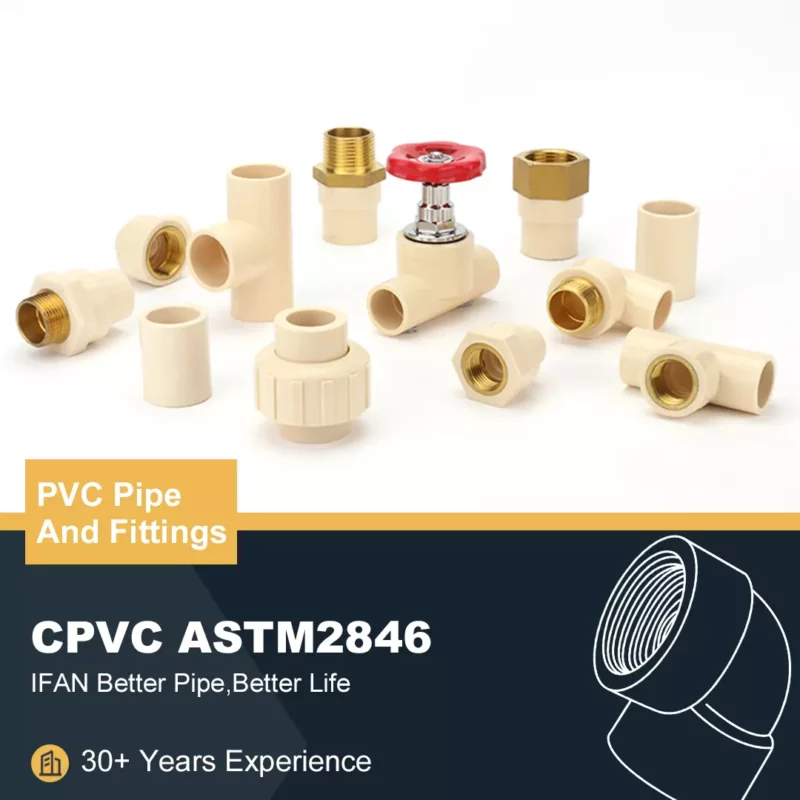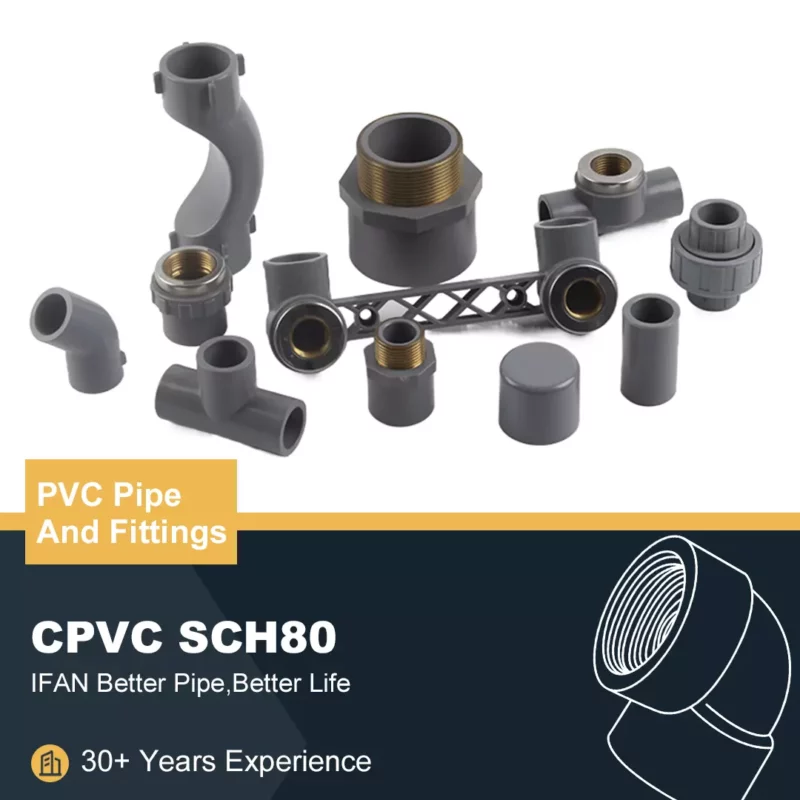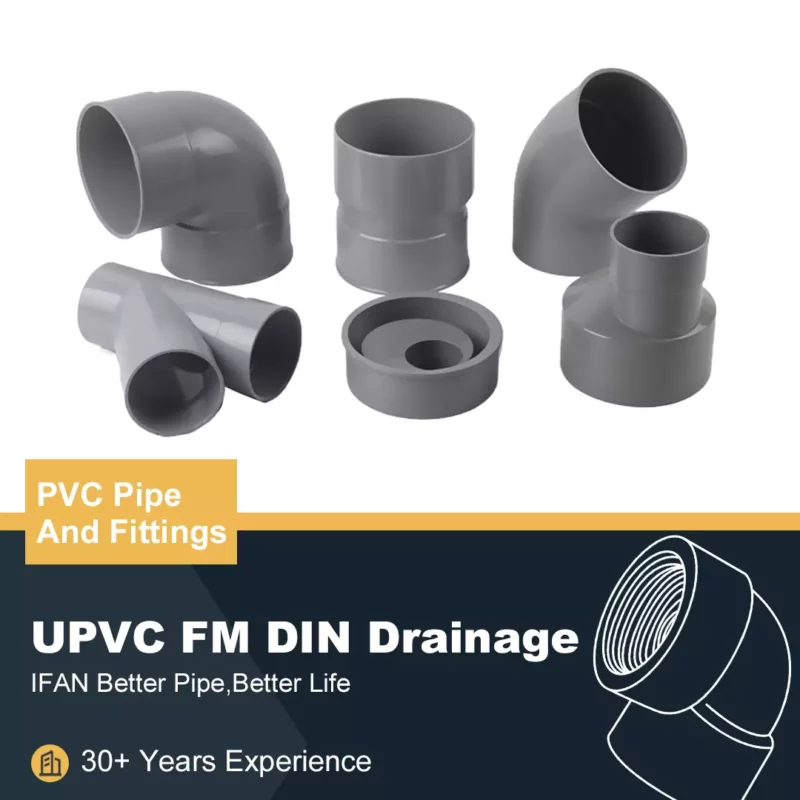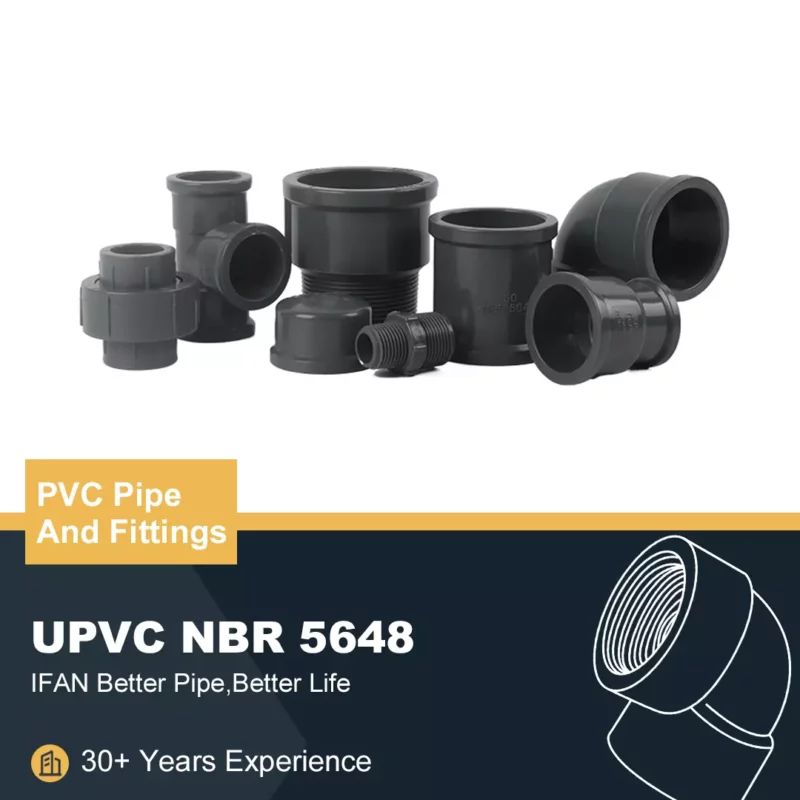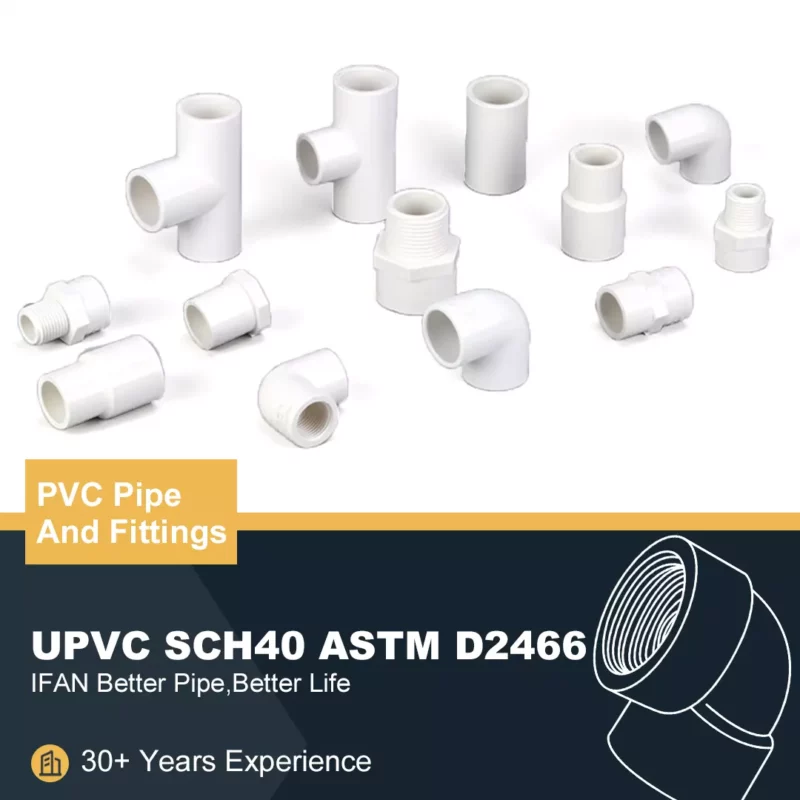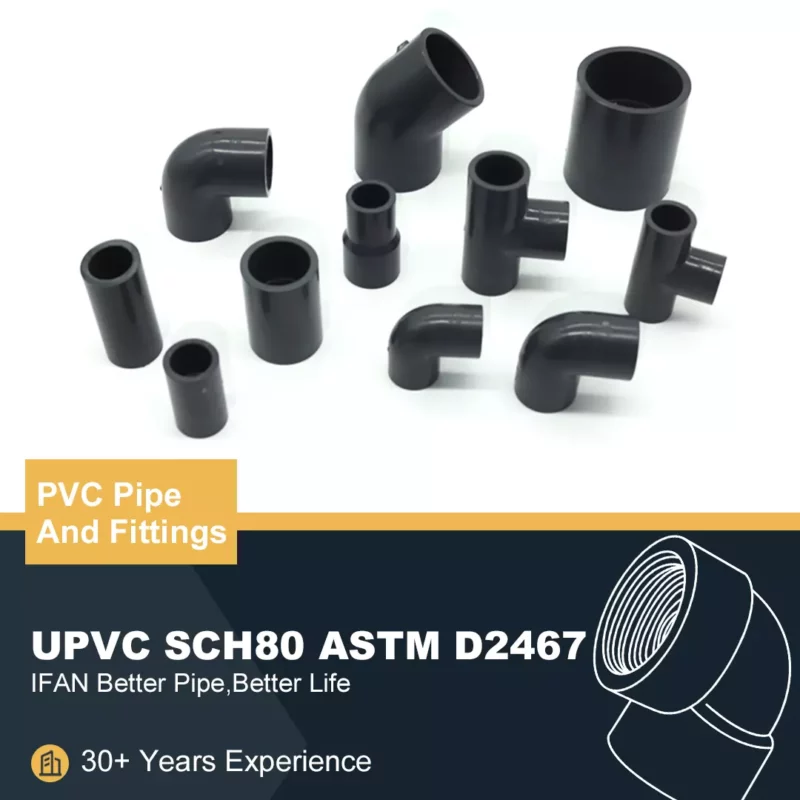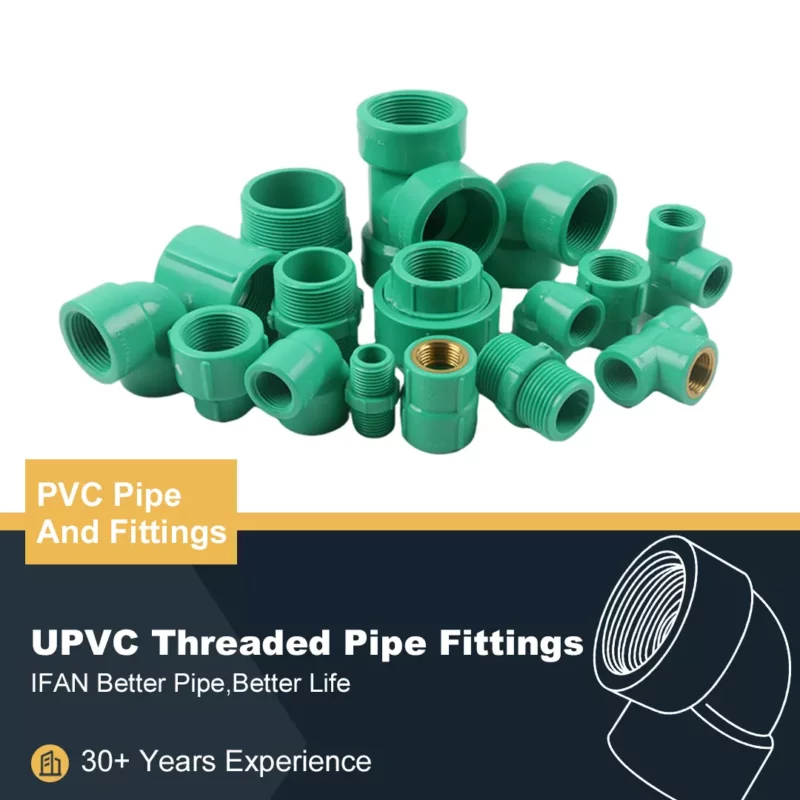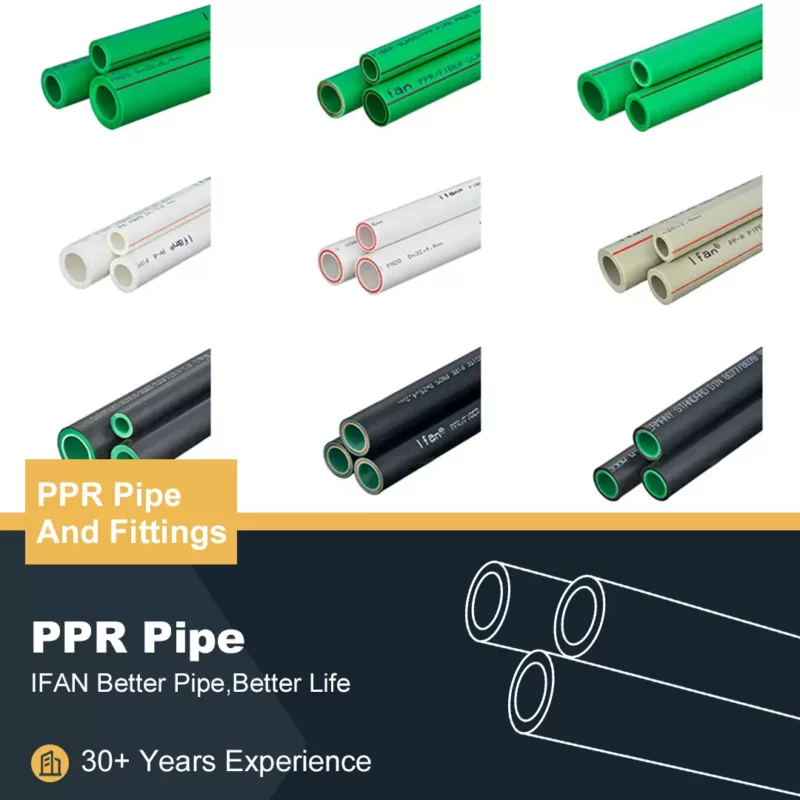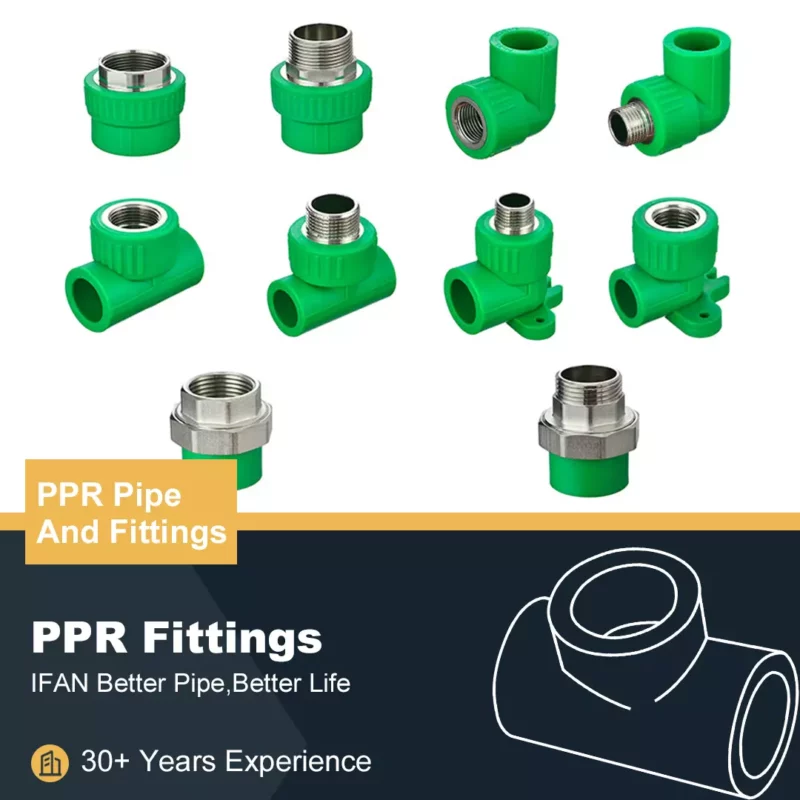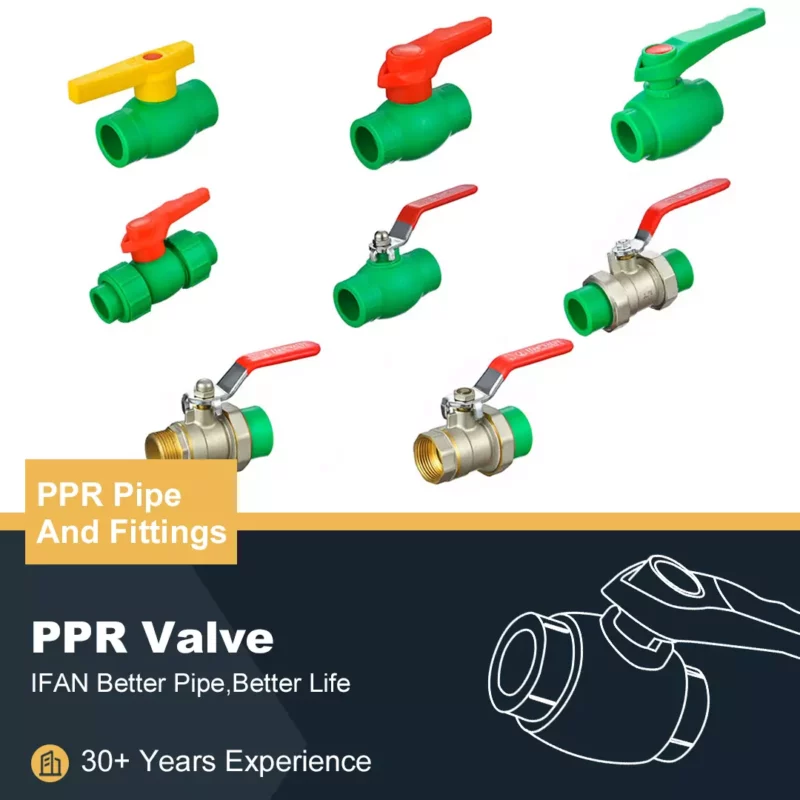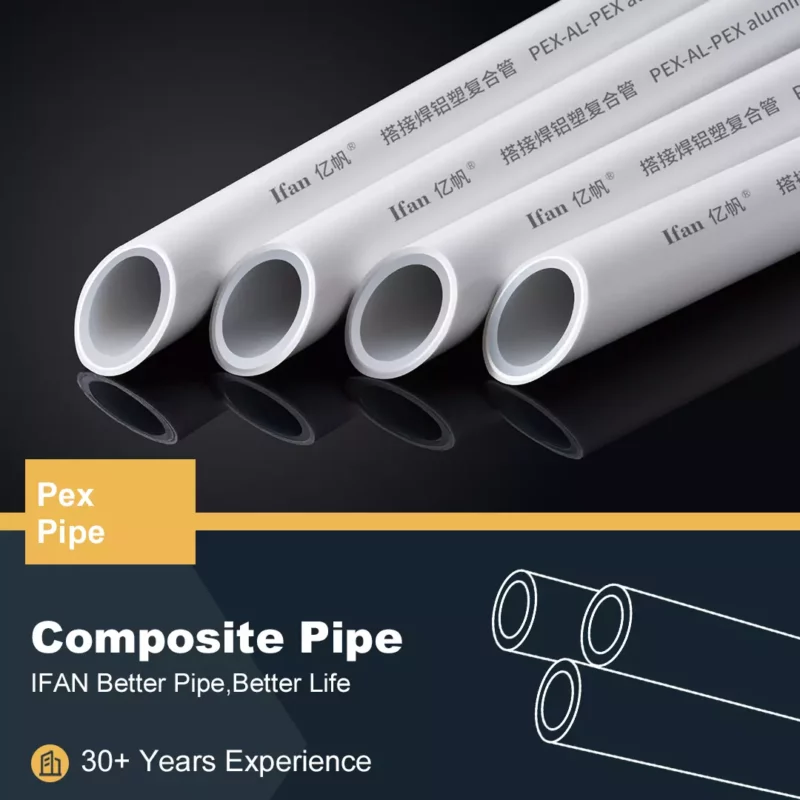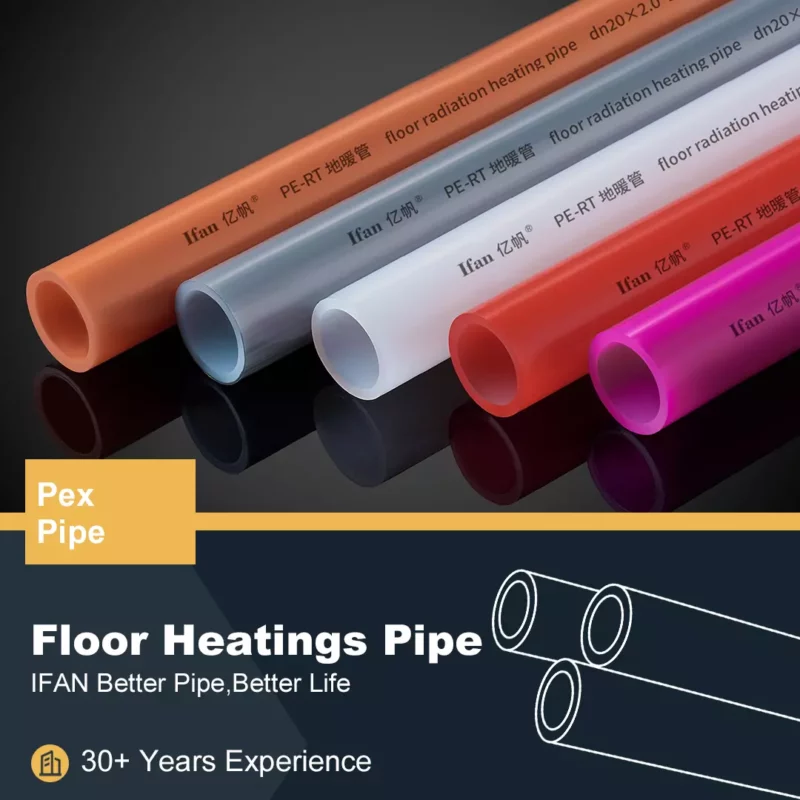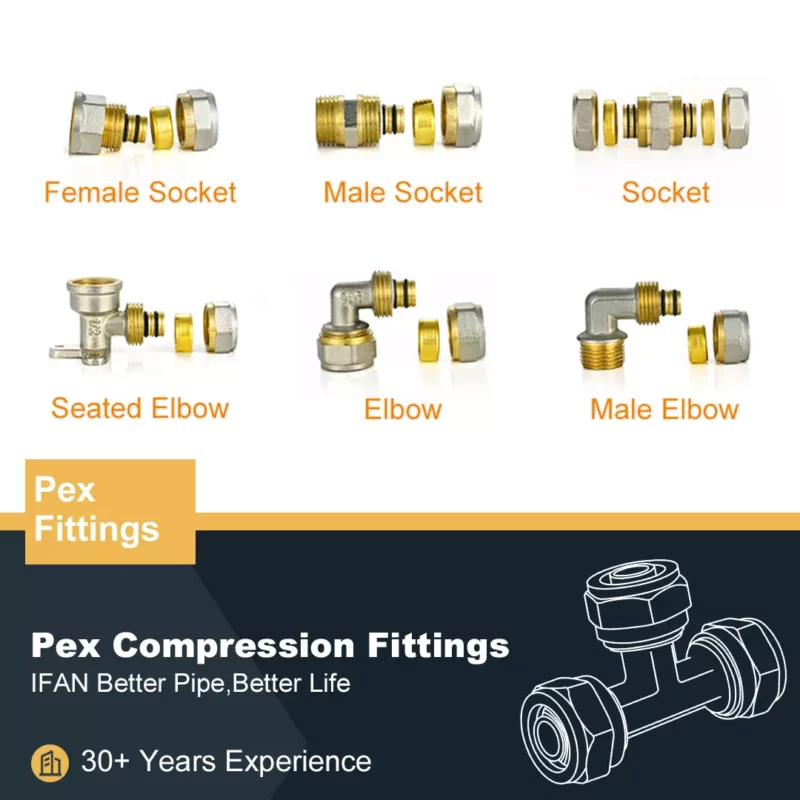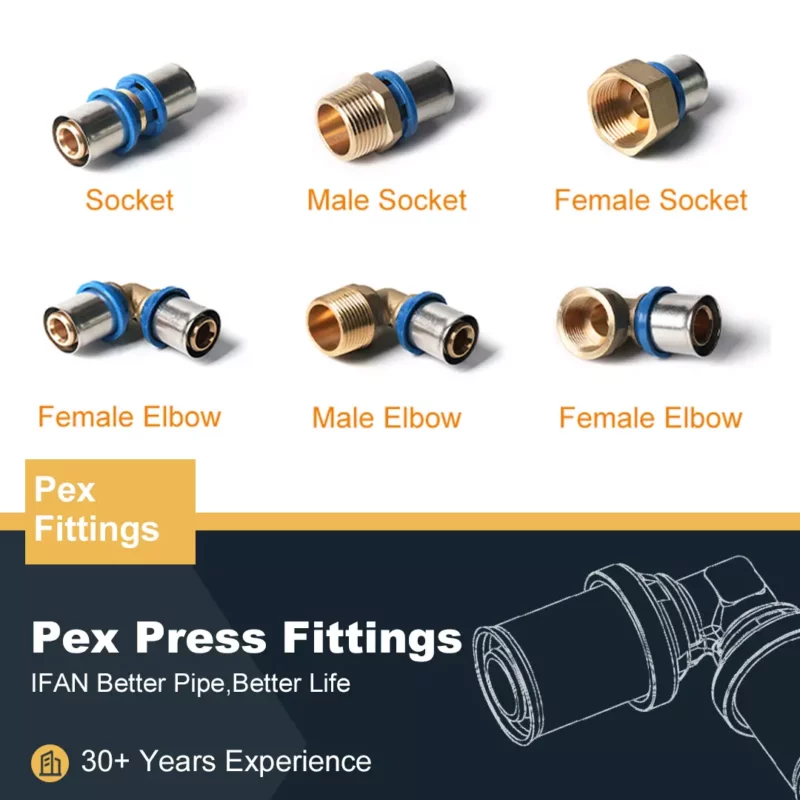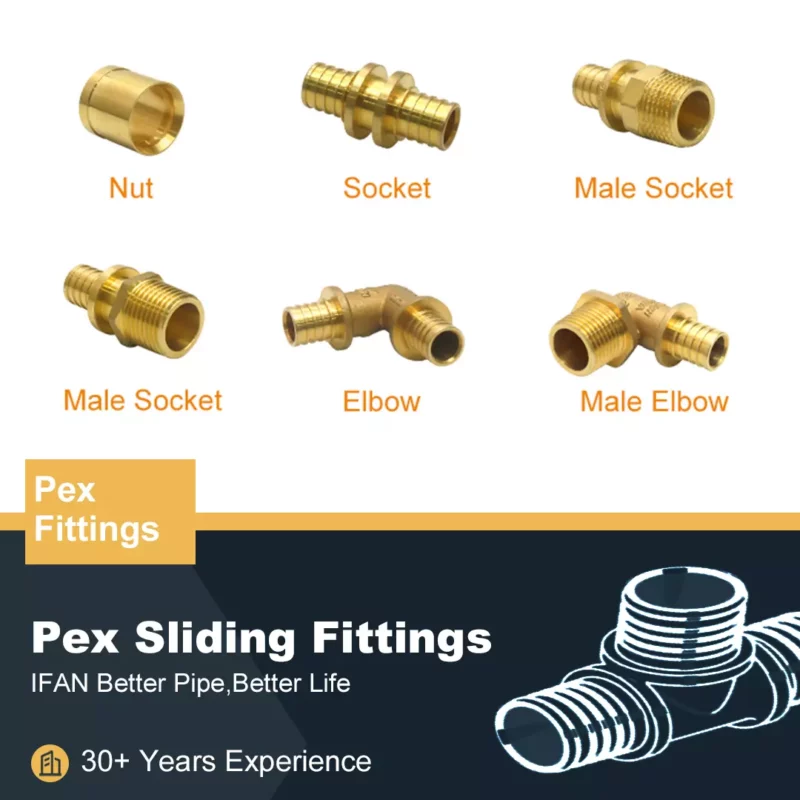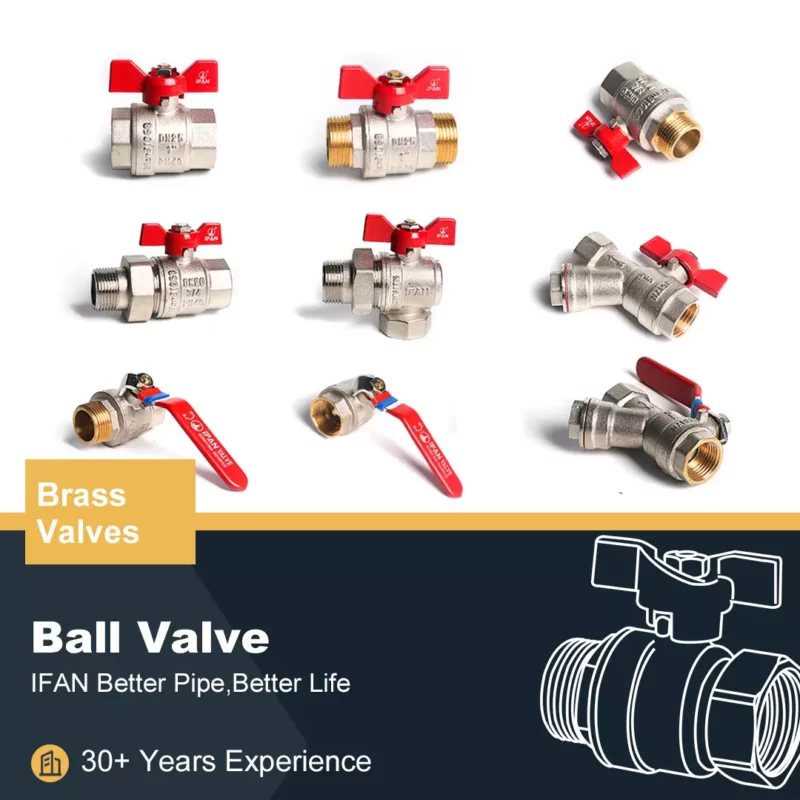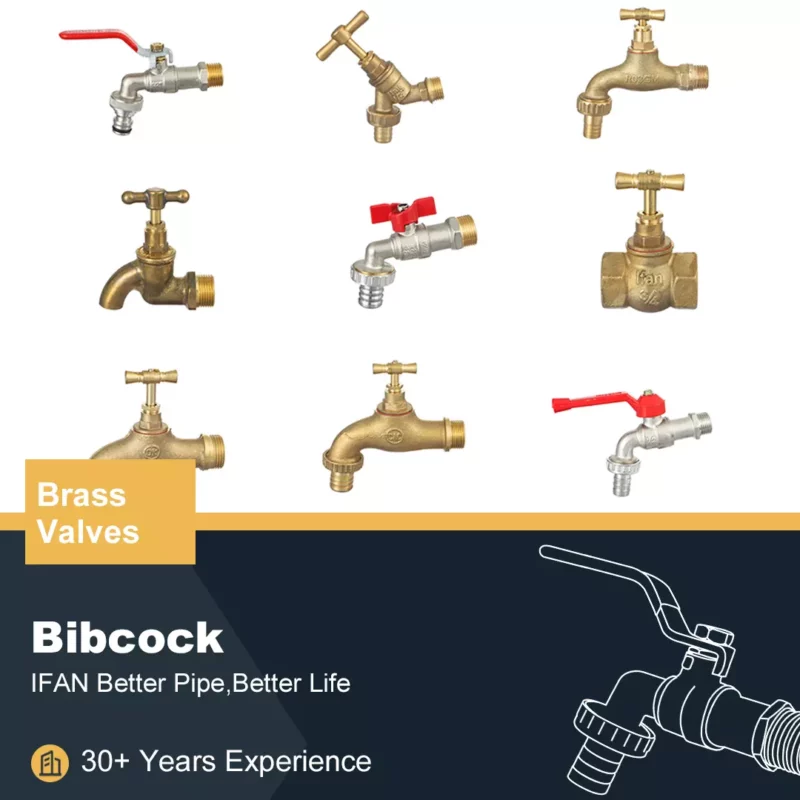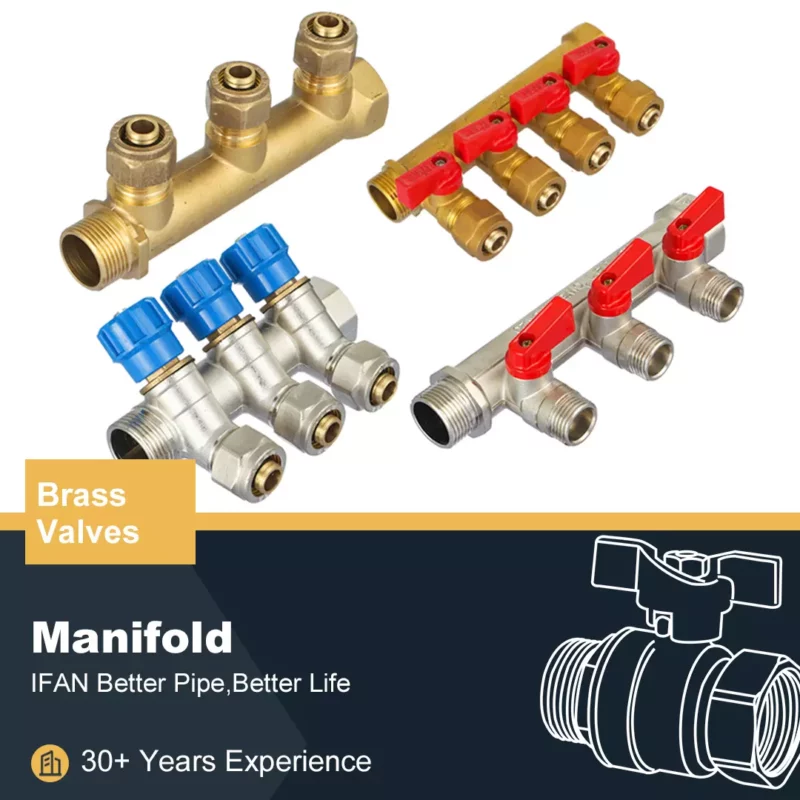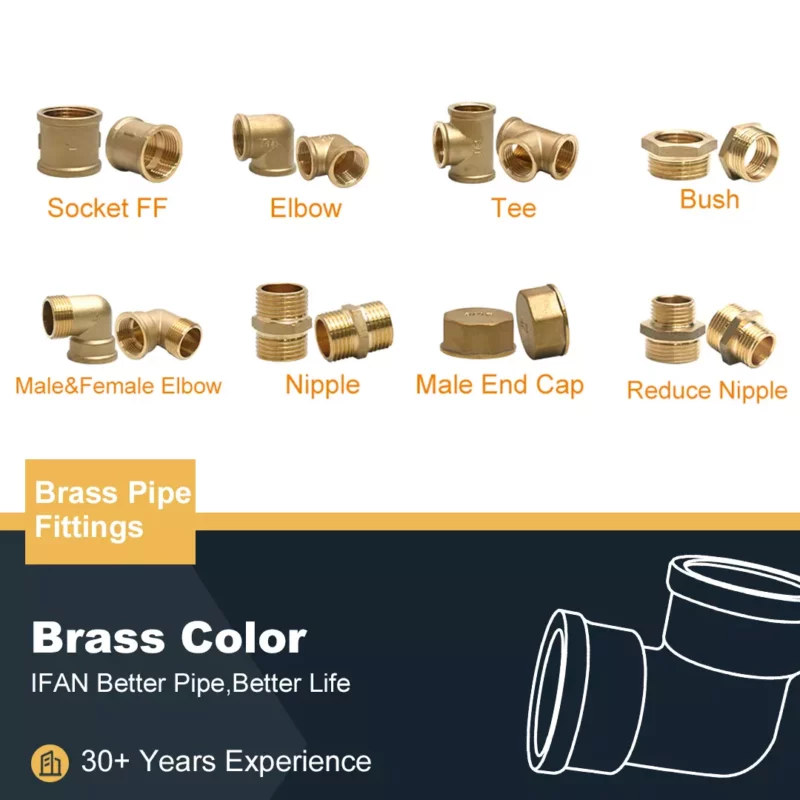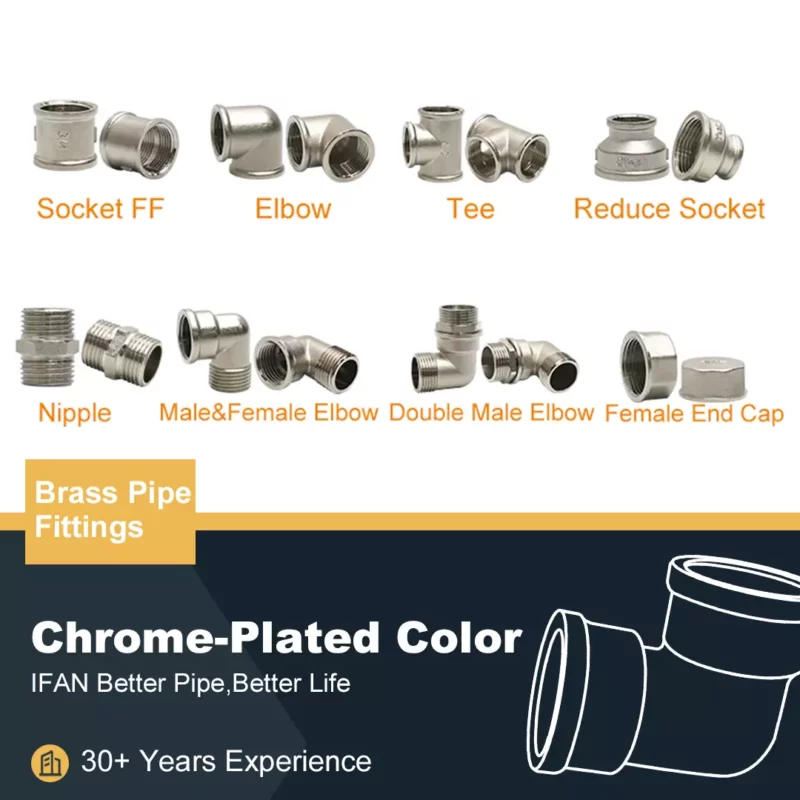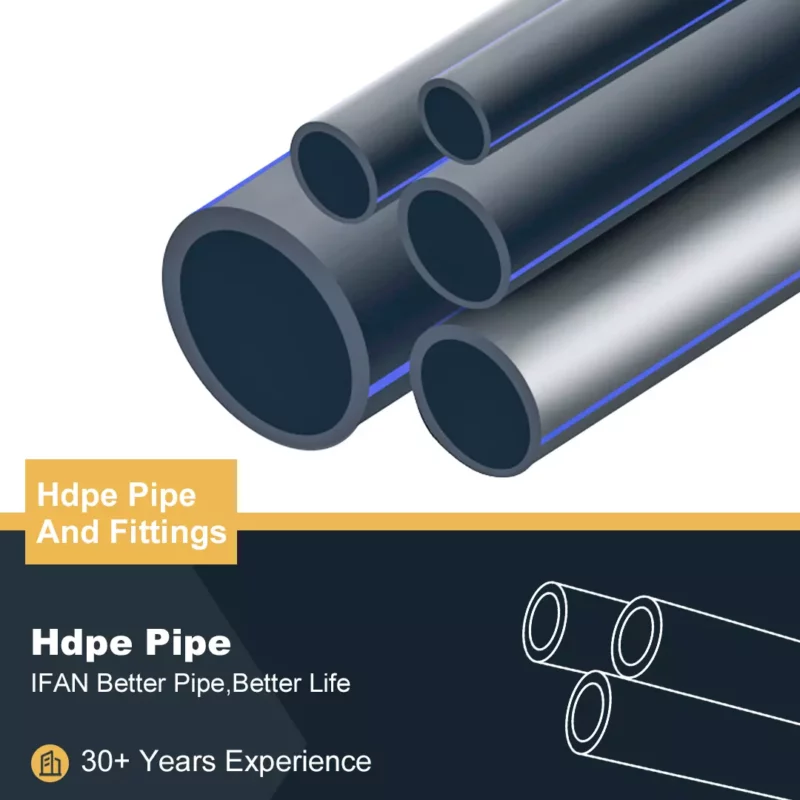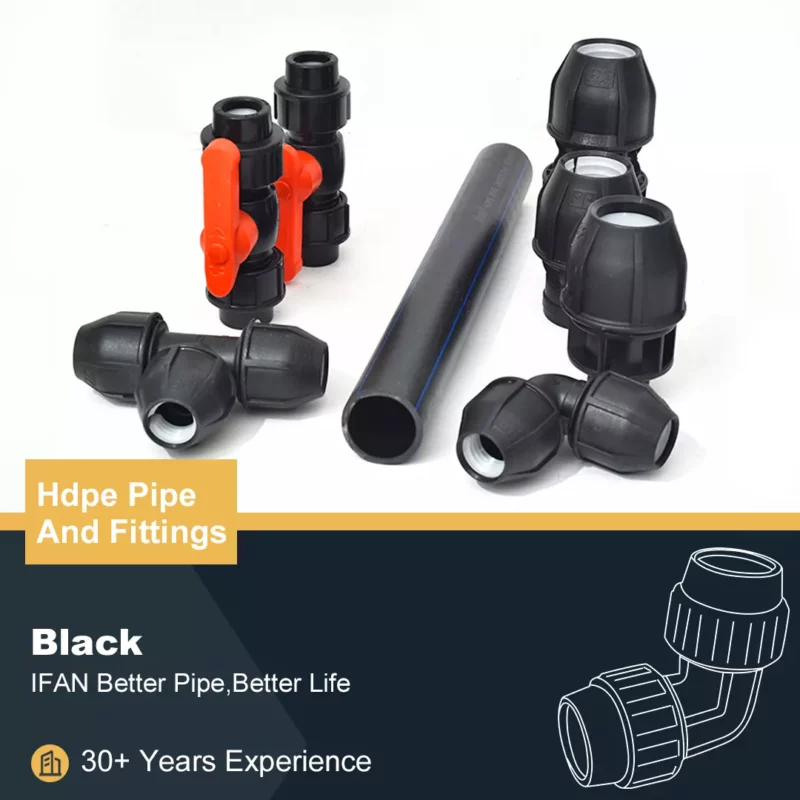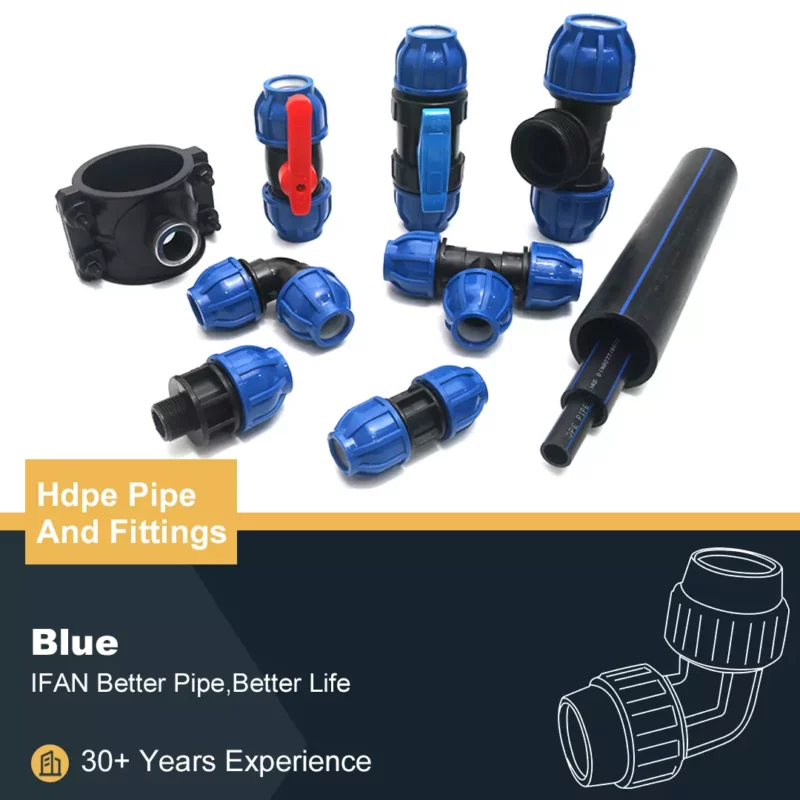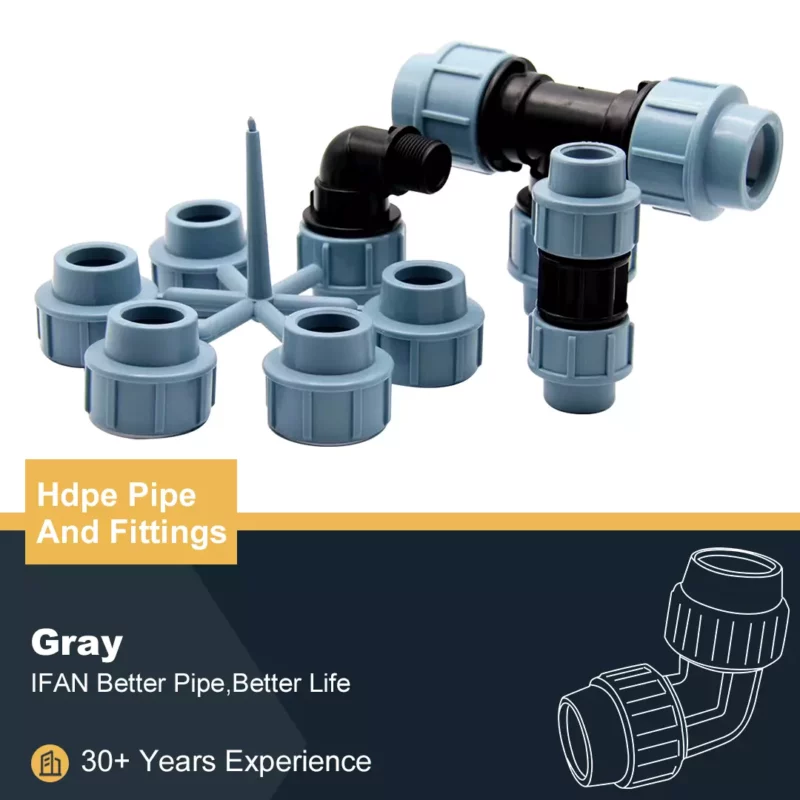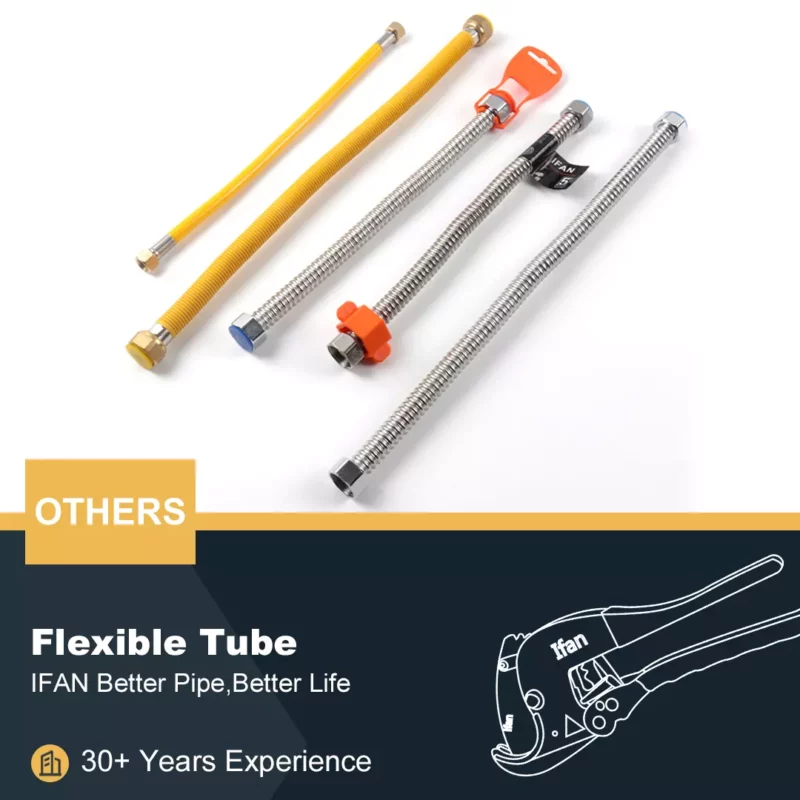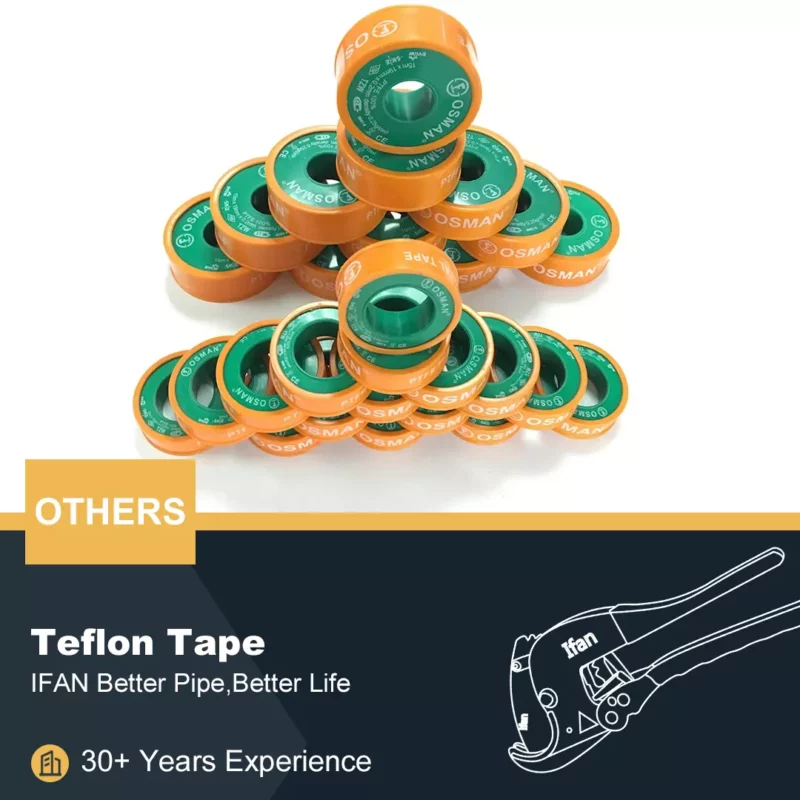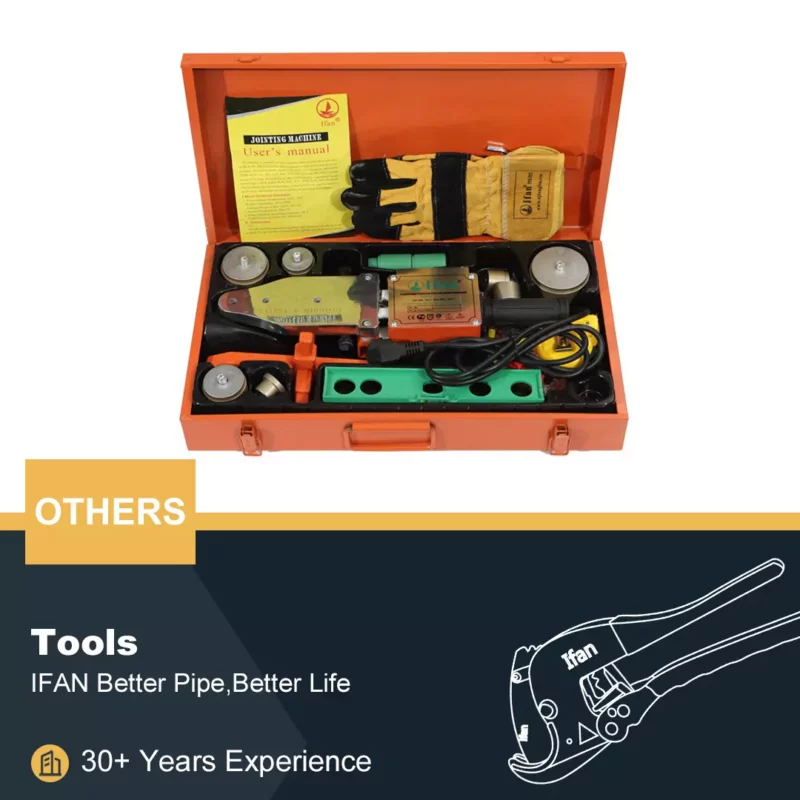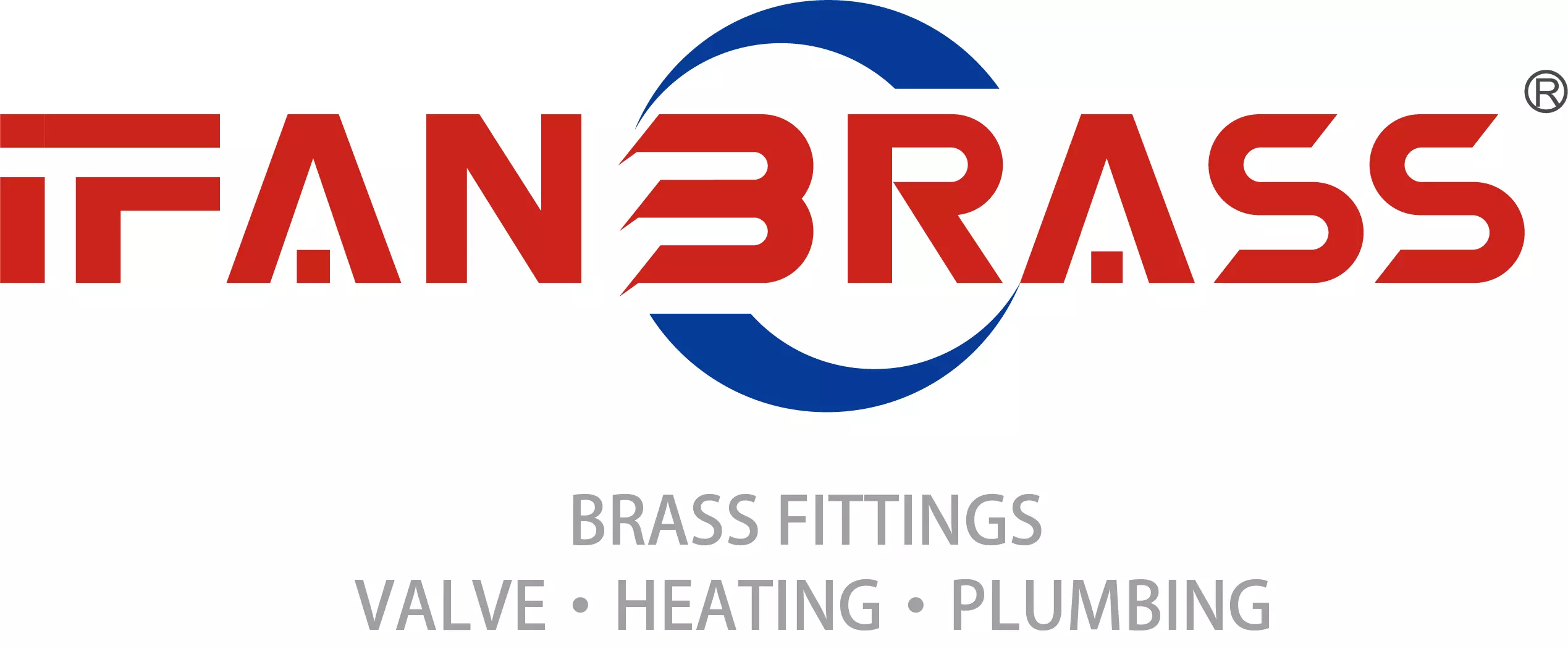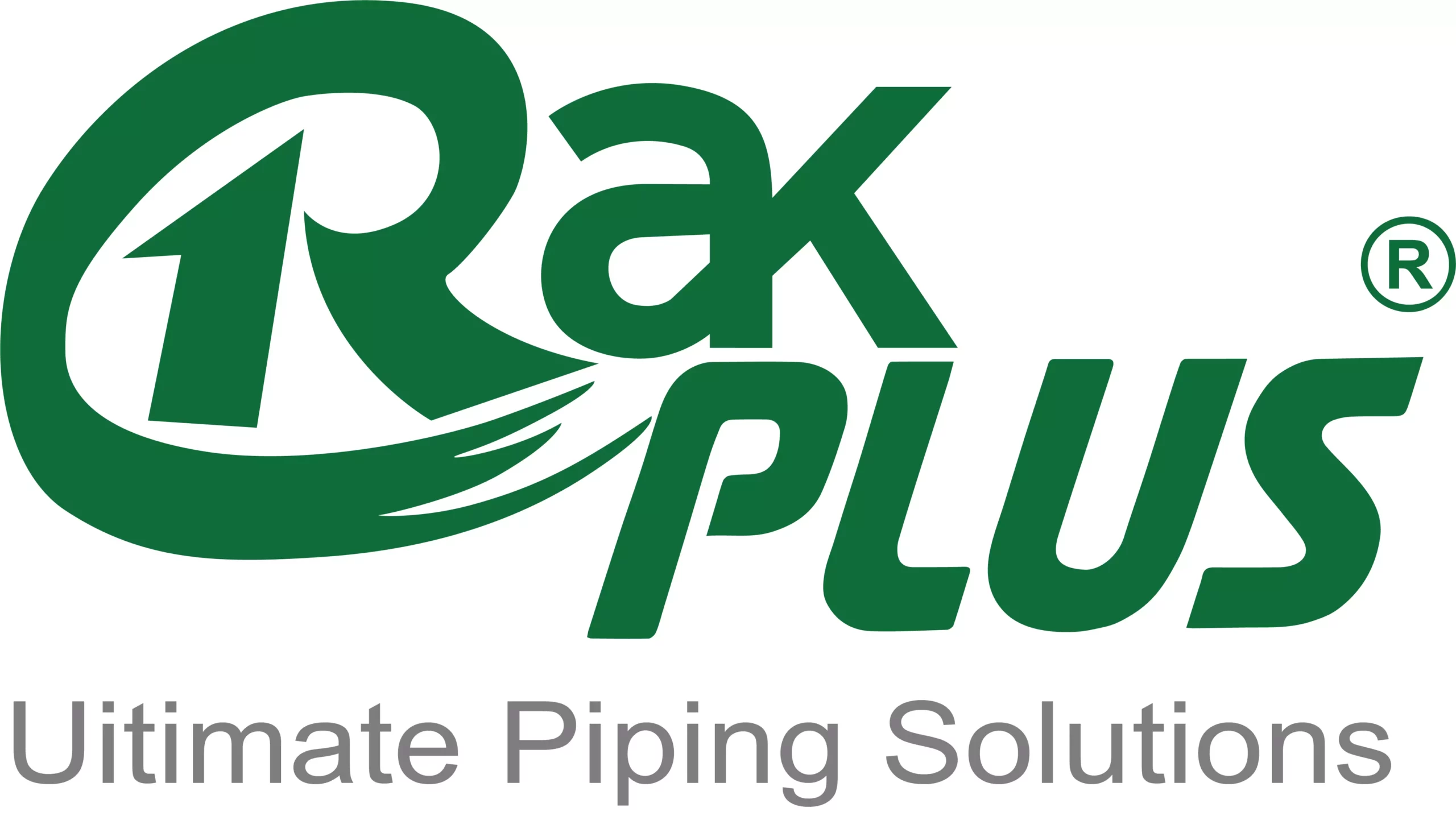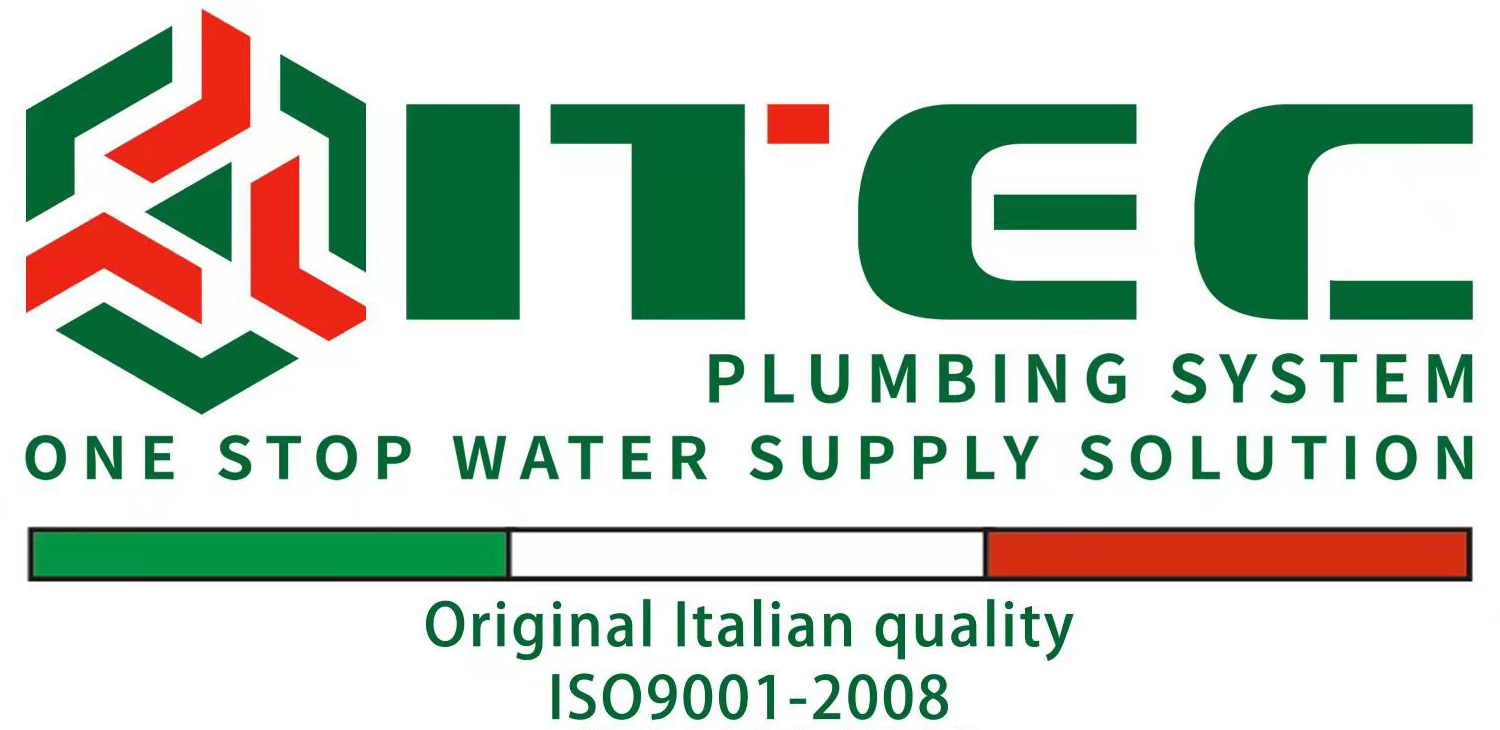Brass ball valves are essential components in fluid control systems. They regulate the flow of liquids and gases effectively. Their design features a spherical disc that allows for quick and easy flow control. Understanding the advantages of them can aid in selecting the right valve for specific applications.
Material Properties of Brass
Brass is an alloy made primarily of copper and zinc. This combination offers excellent strength and durability. Brass is also known for its corrosion resistance, making it suitable for various environments. Unlike some metals, brass does not rust, which enhances its longevity. The material is also non-toxic, making it safe for potable water applications.
High Pressure and Temperature Tolerance
Brass ball valves can withstand high pressure and temperature conditions. They are suitable for both low and high-pressure applications. For instance, a brass ball valve can handle pressures up to 600 psi. This makes them ideal for industrial settings, where high pressure is common. Additionally, they can operate effectively in temperature ranges from -20°F to 300°F.
Leak-Free Performance
One of the significant advantages of them is their leak-free performance. The design features a tight seal when the valve is closed. This prevents any fluid leakage, ensuring safety and efficiency. For example, in gas distribution systems, minimizing leaks is critical. Brass ball valves help achieve this by providing a secure closure.
Ease of Operation
Brass ball valves are designed for easy operation. They typically feature a simple quarter-turn mechanism. This allows for quick opening and closing of the valve. Operators can easily adjust the flow with minimal effort. For instance, in a plumbing system, adjusting water flow becomes straightforward with a brass ball valve.
Versatility in Applications
Brass ball valves are versatile and used in various applications. They are commonly found in plumbing, heating, and industrial systems. In residential settings, they control water flow in pipes. In industrial applications, they manage steam and gas flow. Their adaptability makes them a popular choice among engineers and contractors.
Aesthetic Appeal
Brass ball valves also offer aesthetic advantages. Their shiny, golden finish can enhance the appearance of installations. This is particularly relevant in visible piping systems. For instance, in high-end homes, exposed plumbing can be made more attractive with brass fittings. This combination of functionality and appearance is appealing to many users.
Compatibility with Various Fluids
Brass ball valves are compatible with a wide range of fluids. They can be used for water, oil, gas, and steam. This versatility simplifies inventory management for contractors. For example, a single brass ball valve can serve multiple purposes in a facility. This reduces the need for different types of valves.
Regulatory Compliance
Many brass ball valves meet industry standards and regulations. They often comply with ANSI, ASTM, and other relevant standards. This compliance ensures that they perform reliably in various applications. For instance, valves used in drinking water systems must meet stringent safety requirements. They are designed to adhere to these regulations.
Maintenance and Longevity
Brass ball valves require minimal maintenance, contributing to their longevity. Regular inspections can help identify any potential issues. Unlike plastic valves, brass does not become brittle over time. This durability means that the can last for many years with proper care. This reliability is crucial in ensuring continuous operation in fluid systems.
Cost-Effectiveness
While the initial cost of them may be higher than plastic options, their longevity makes them cost-effective. Fewer replacements and repairs lead to significant savings over time. In industrial settings, minimizing downtime is essential. Brass ball valves help achieve this by providing reliable performance.
Safety Features
Safety is a primary concern in fluid systems. They often come with built-in safety features. For example, some valves include pressure relief mechanisms to prevent overpressure. These features ensure that the system operates within safe limits. This is especially important in applications involving gases or high-pressure liquids.
Case Studies of Successful Implementation
Numerous industries have successfully implemented brass ball valves in their systems. For instance, a chemical processing plant reported improved efficiency after switching to brass valves. Their leak-free design helped prevent hazardous spills. Another example is a food processing facility that utilized them for safe fluid handling, ensuring compliance with health standards.
Conclusion
Brass ball valves offer numerous advantages for fluid control systems. Their material properties, pressure tolerance, and leak-free performance make them reliable choices. Additionally, their ease of operation and versatility enhance their appeal. Understanding these benefits can help in making informed decisions for various applications. Ultimately, brass ball valves contribute to safer and more efficient fluid systems across industries.
If you have read this article and have any questions, please feel free to contact IFAN. Below is our contact information:
Whatsapp:+86 13373827623
Email:[email protected]

